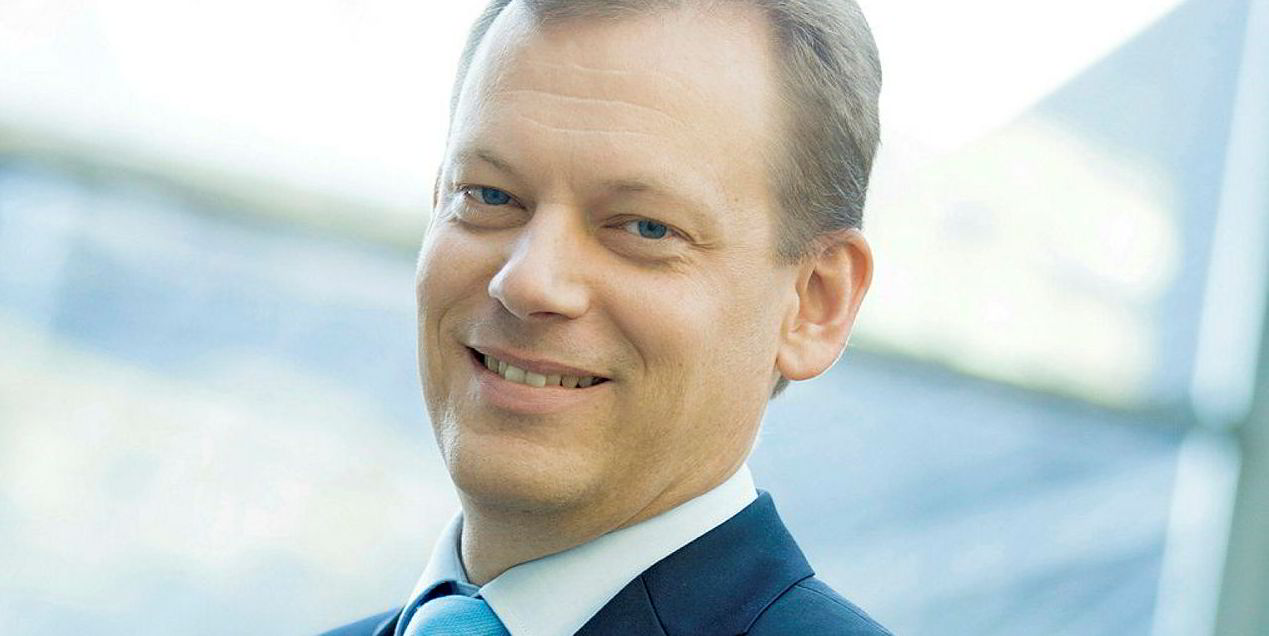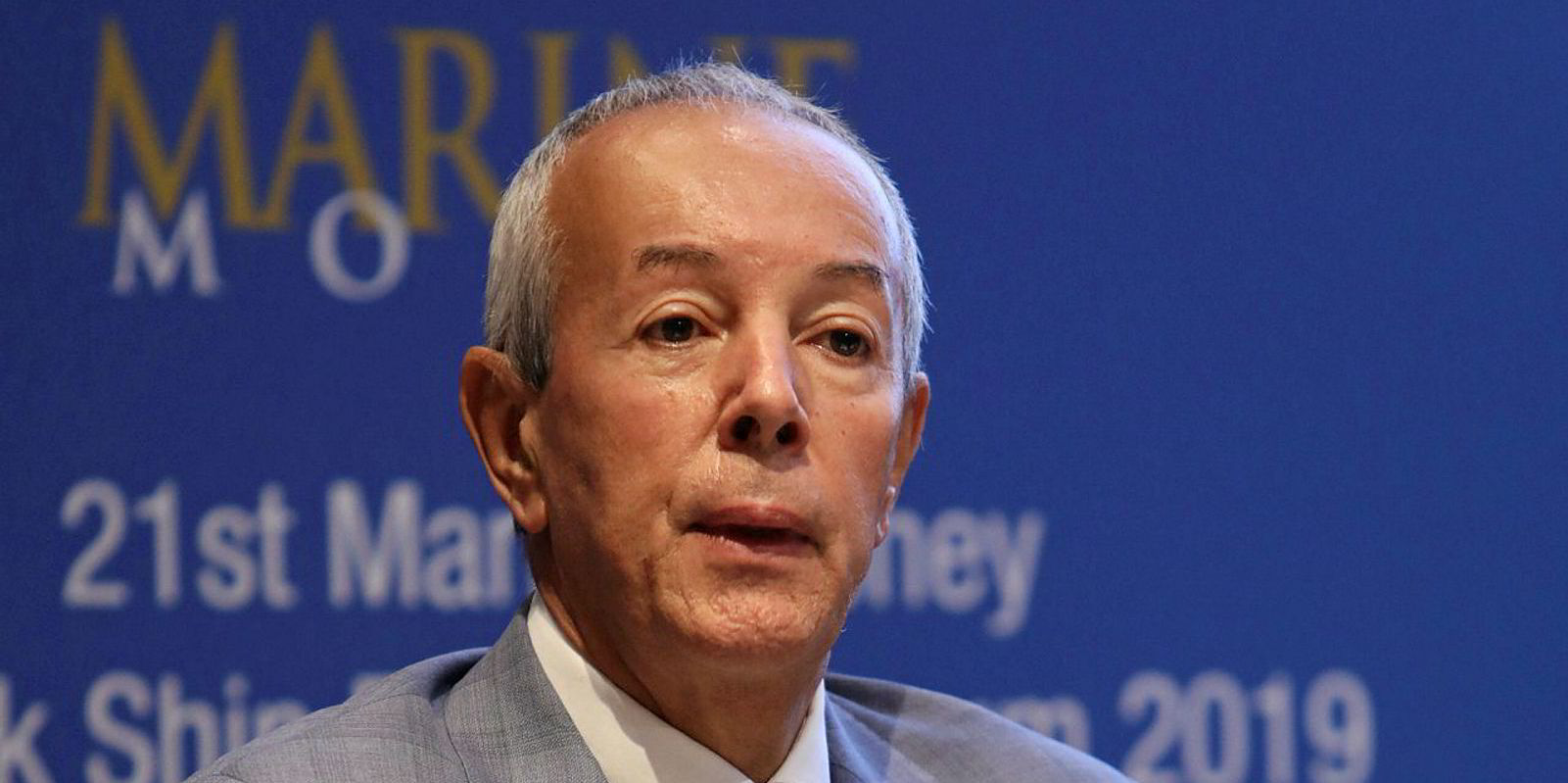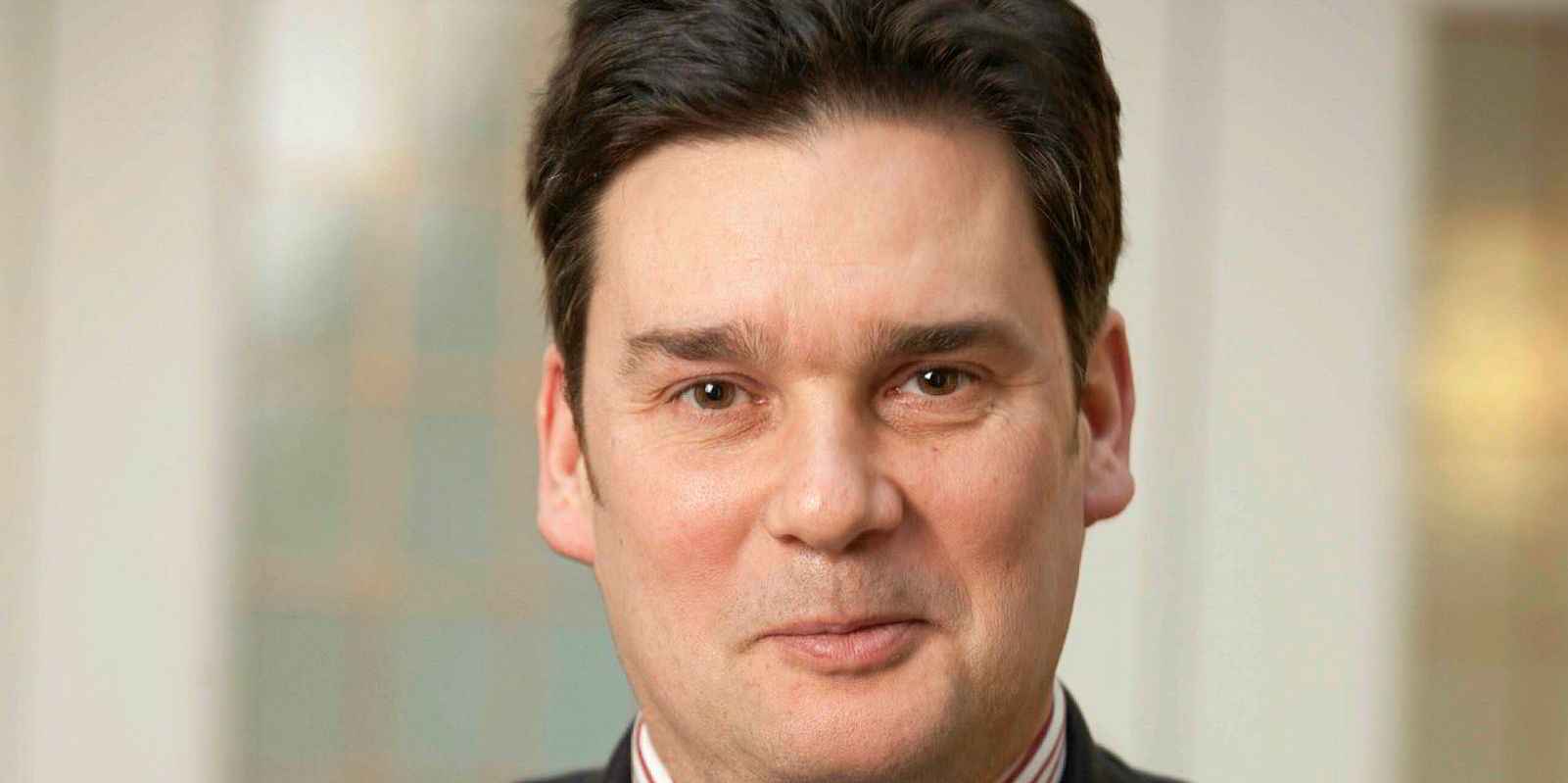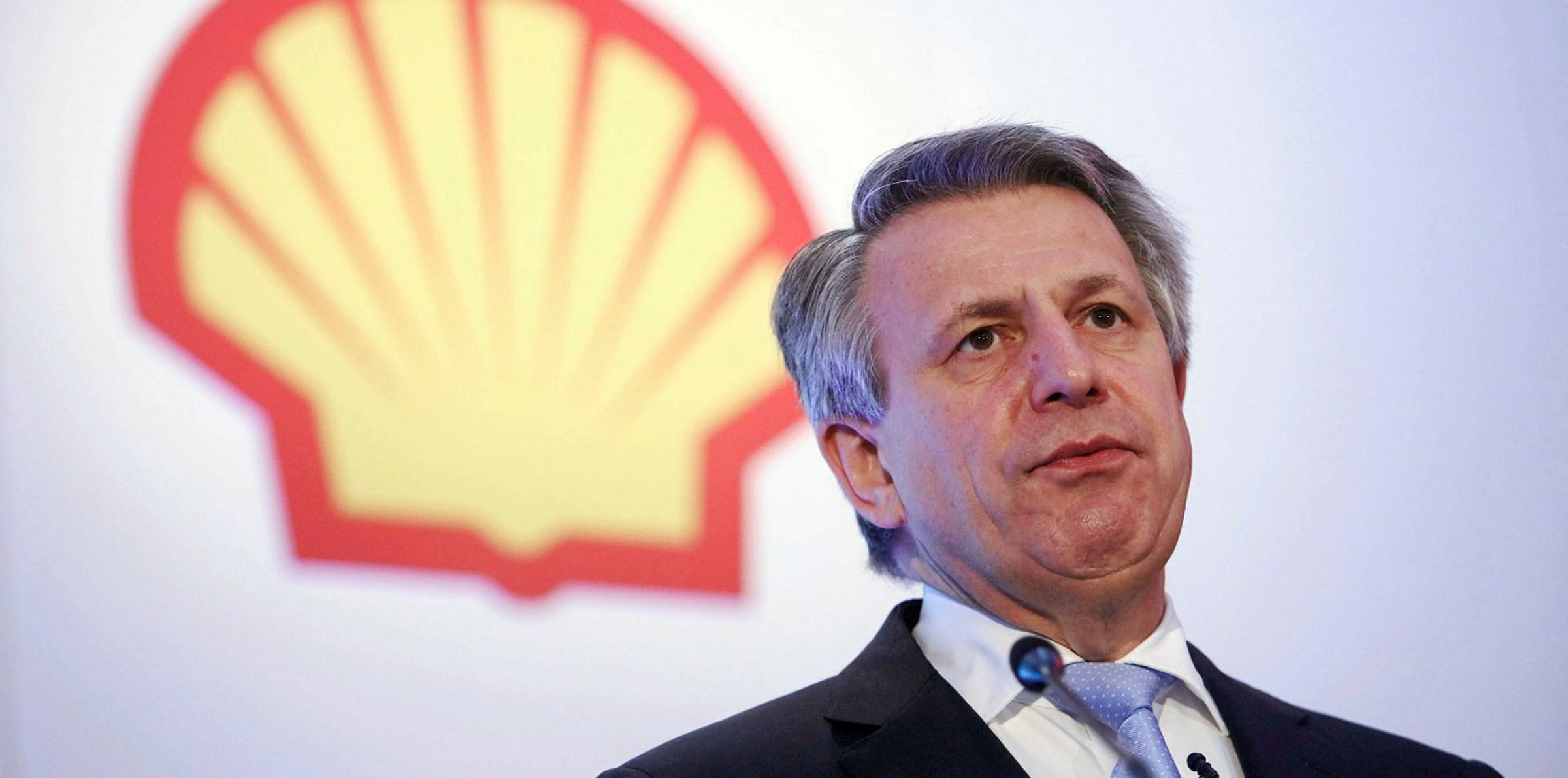The coronavirus pandemic and the low oil price environment pose a threat to shipping's decarbonisation drive, Wartsila has warned.
The Finnish marine technology company said the price differential is widening between existing fuels and green alternatives after crude falls this year.
"This, combined with the challenging financial positions of shipowners and operators and with uncertainties concerning developments in the regulatory environment, may raise the barriers for the decarbonisation of shipping," Wartsila added.
But there is hope, as many government relief packages worldwide are being linked to the development of greener infrastructures.
"This is anticipated to incentivise the decarbonisation of the maritime sector, and increase interest in alternative fuels, electric and hybrid-battery propulsion, as well as in digital solutions across the industry," Wartsila said.
Strategies revised
Shipping companies have been forced to re-evaluate their newbuilding strategies and how they manage their existing vessels, cutting capital and operating expenses, the company added.
This is due to "the risk of a prolonged period of weak demand".
In the medium-term, challenging market conditions may result in continued price pressure and an elevated risk of cancellations, while surplus capacity could fuel further consolidation among shipyards, owners and operators in some segments, the company said.
This may hit Wartsila's order volumes for maintenance services and engine orders.
The Finnish group said it was impossible to quantify the full effect of the pandemic.
Net profit was cut to €23m ($26.18m) in the second quarter, from €62m a year ago.
Order intake decreased by 27% to €1.01bn, with revenue stable at €1.22bn.

Chief executive Jaakko Eskola said: "The adverse impact of Covid-19 on both our own operations and those of our customers increased during the second quarter.
"This was clearly visible in the decrease in orders received across all businesses. The decline in demand was especially strong in the cruise industry, as travel bans and other mitigation measures have kept most passenger vessels idle for the past few months."
Scrubber weakness
He added that customer interest in scrubber investments was another area of weakness, due to the turmoil in global oil markets. A narrowed price spread between high-sulphur and low-sulphur fuels has lengthened the time needed to pay back retrofit costs, reducing demand.
Demand for newbuilding scrubbers has also been subdued due to the low order level of ships.
"While visibility remains low, it is clear that the effects of the pandemic on our financial performance this year will be material," Eskola said.
The company added new loans worth €80m in the quarter, and is in talks over additional two-year facilities.
Wartsila said newbuilding orders dropped to 312 vessels in the first half of 2020, from 420 in the same period of 2019.
The decline in fleet utilisation and mobility restrictions have reduced spare part consumption and maintenance activities across several vessel segments, the company added.
The impact of Covid-19 on the power generation market also weighed on gas demand, with LNG carrier orders slowing.






